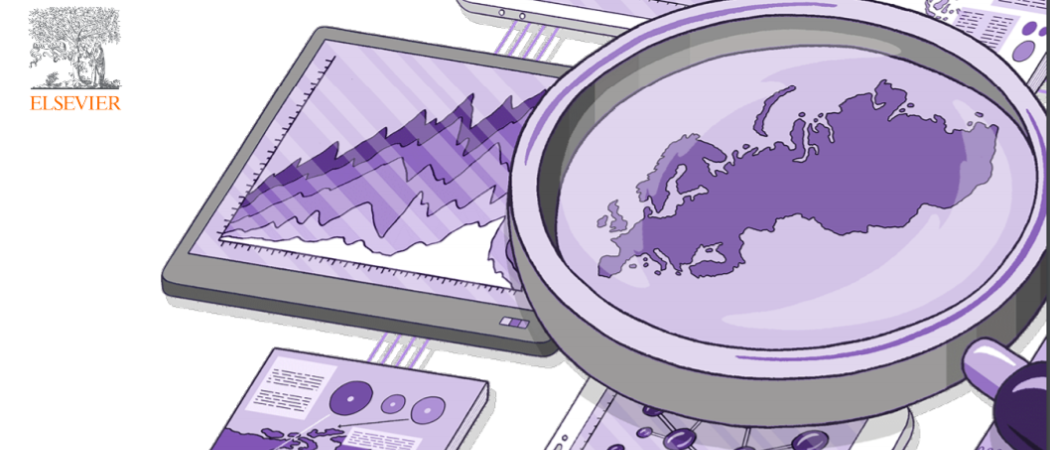New study explores how one country achieved a step change in women’s participation in scientific research

Women represent nearly 50% of active scientific authors in Portugal. Over the past two decades, the country achieved the largest percentage increase in the EU in women’s representation – an impressive nine percentage points, putting Portugal at the leading edge of closing the gender gap in research.
Those are two of the key findings from Elsevier’s new Gender in the Portugal Research Arena: A Case Study in European Leadership report, which offers a data-led look at the dynamics underlying Portugal’s progress. At the same time, it points to persistent gender gaps in research that require stronger transformative efforts and reveals how these gaps tend to mimic and perpetuate structural inequalities between women and men.
“I believe strongly that to move the needle on all dimensions of diversity and inclusion requires advocacy and collaboration, supported by evidence-based policies, measurement and accountability,” said Kumsal Bayazit, Elsevier’s CEO, who also penned the report’s preface.
The report was launched on June 16th, 2021 during a webinar at which leading experts in policy, research and education discussed the road to gender equality in Europe, and what other countries can learn from Portugal.
The report’s key findings
- Women represent nearly 50% of active authors in Portugal, the closest to gender parity for all EU28 countries analysed.
- Women are highly represented across the life sciences and health sciences fields, and in chemistry, chemical engineering and psychology. However, women are still underrepresented within the physical sciences, especially in fields related to data science and artificial intelligence, such as computer science, mathematics, and engineering.
- Portugal is the only European country in which women did not leave research at a higher rate than men. Unlike the trend seen in other countries, women researchers are likely to continue publishing over time.
- Women researchers in Portugal are most highly represented among junior authors, indicating the greatest gender equity among earlier career researchers.
What is Portugal doing right?
Portugal’s leadership is the result of many deliberate steps, specific policy initiatives and a coordinated approach to targeted interventions. Key drivers have been:
- Changes come from the top and are embedded in the national culture.
- Policymakers look to gender research for information to guide policies and to support evaluation.
- Portugal has continuously financed scholarships for girls in science since the 1980s.
- STEM fields have been opened to more women through alliances with universities and research centres and through increased national funding.
- Outreach and awards, such as the L’Oréal Portugal – Medals of Honour for Women in Science, raise awareness of the need to fully include women in science.
- Legislation impacts policy: for example, a pioneering law, introduced in 2019, established a minimum 40% threshold for women and men in candidate lists for elective decision-making bodies in public higher education institutes, whereby the first two candidates cannot be of the same sex.
The report includes interviews with key opinion leaders, to provide context to the quantitative analyses and highlight key initiatives that are driving the advances in gender equity in Portugal – as well as providing insight into what more can be done to ensure future progress.




 A unique international forum for public research organisations and companies to connect their external engagement with strategic interests around their R&D system.
A unique international forum for public research organisations and companies to connect their external engagement with strategic interests around their R&D system.